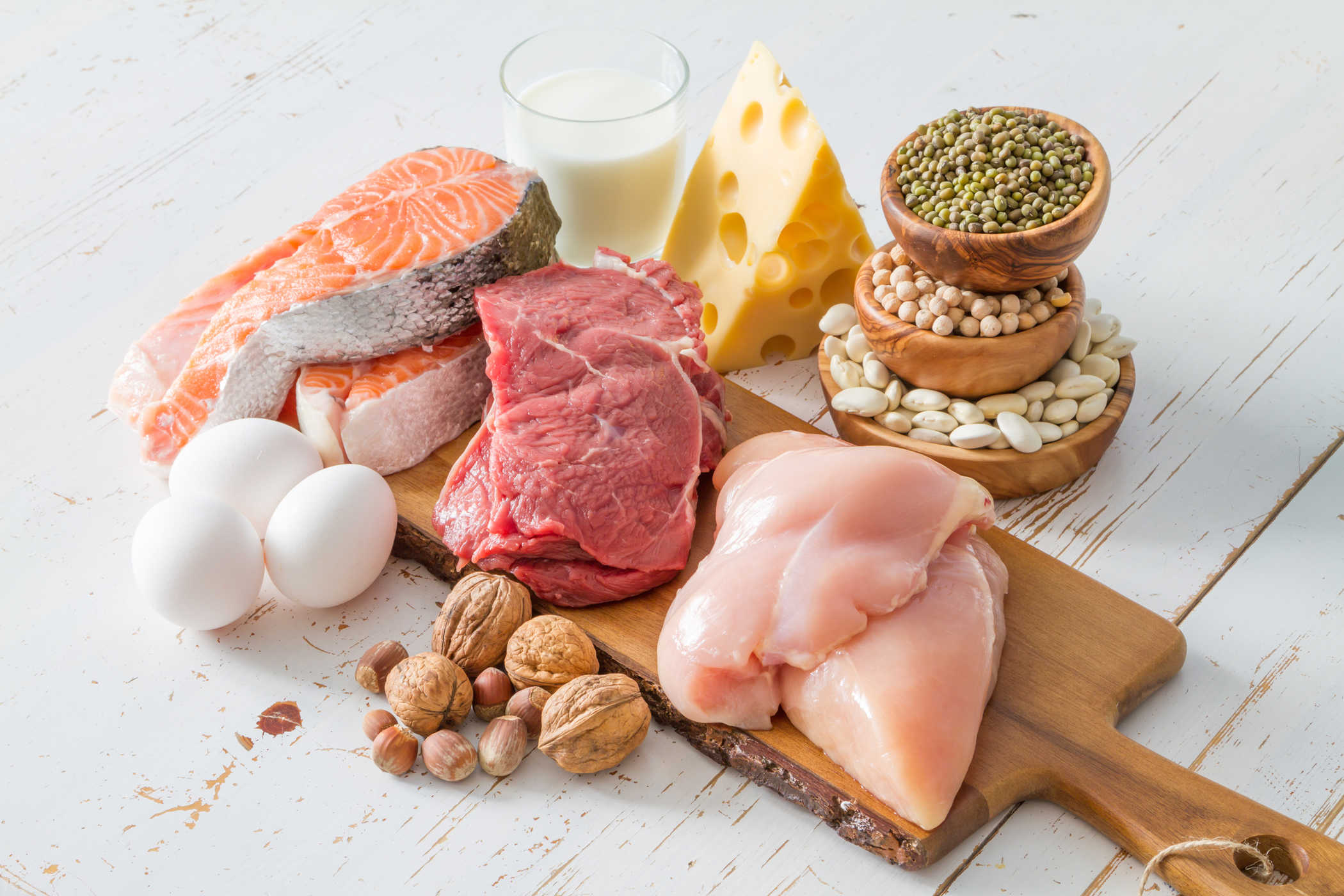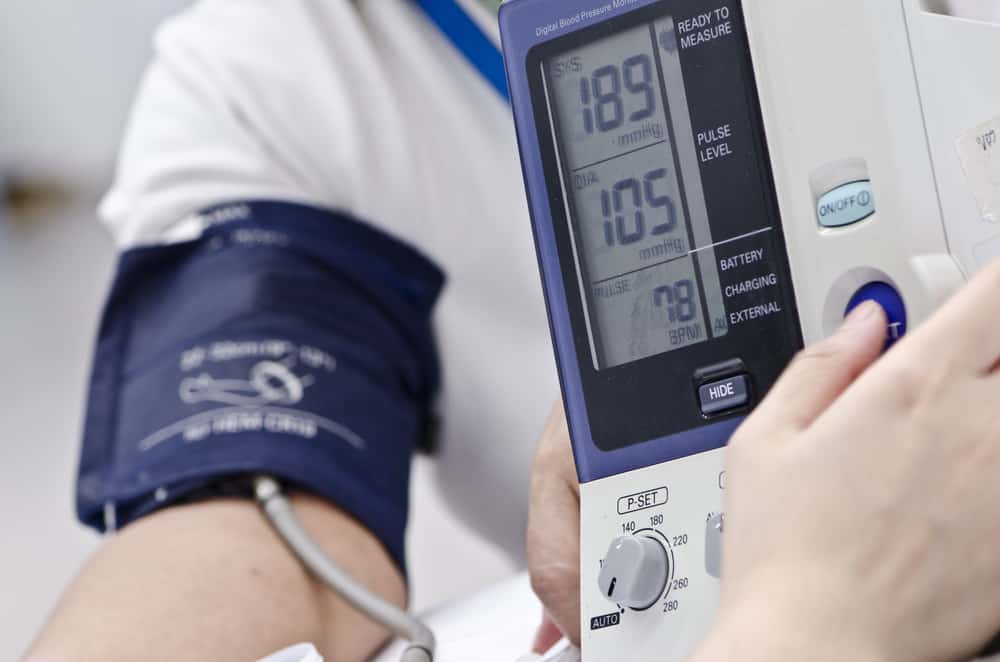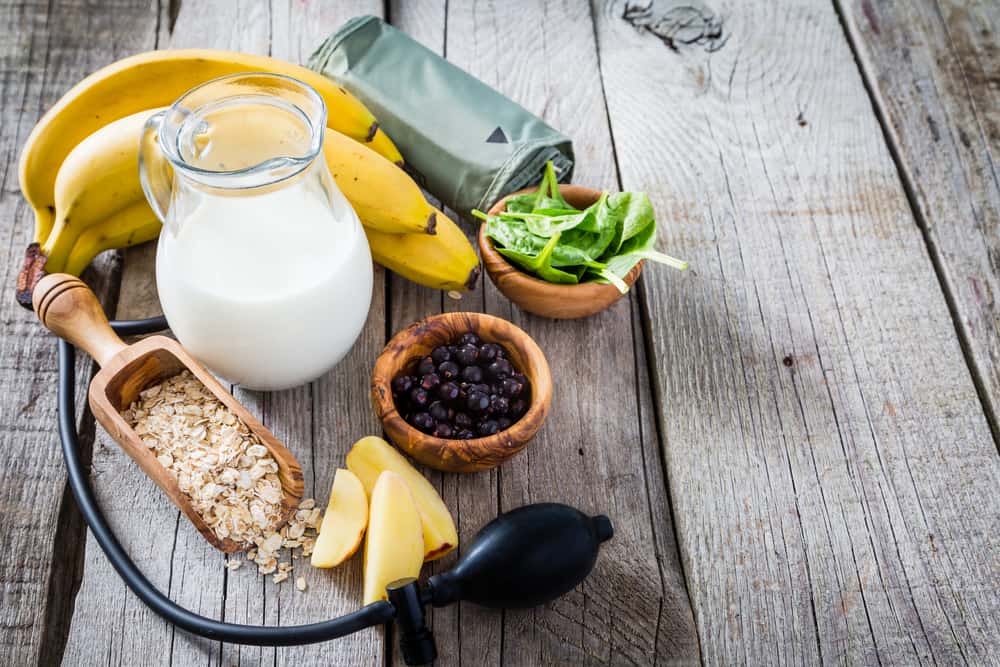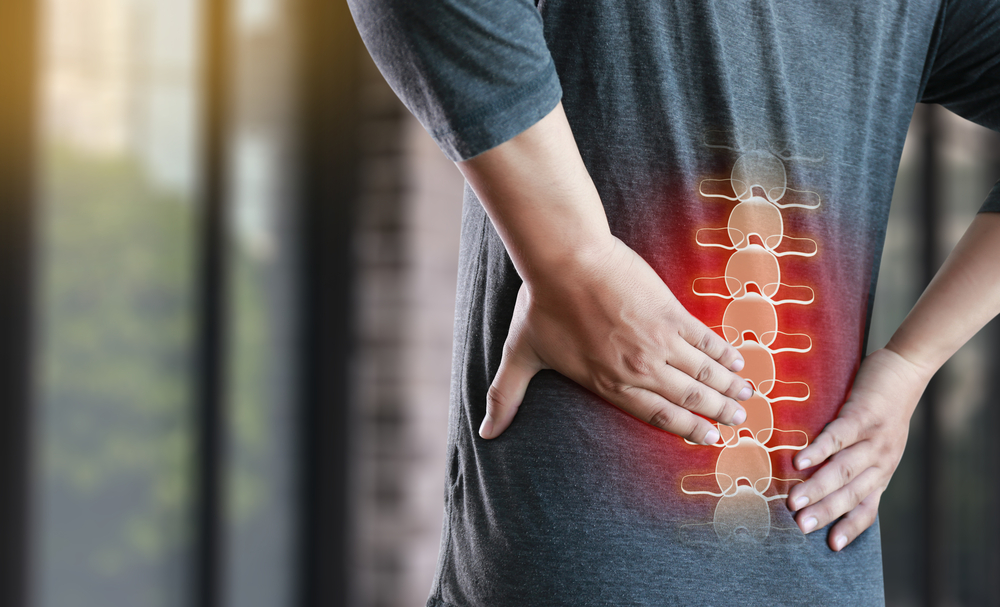Contents:
- Medical Video: ANIMAL PROTEIN VS. PLANT PROTEIN - THE TRUTH
- How much protein do we need?
- Animal protein is a better source of amino acids
- Vitamins and other minerals in animal protein
- However, some sources of animal protein can cause heart disease
- Benefits of consuming animal and vegetable protein
- So, is it better for animal protein or vegetable protein?
Medical Video: ANIMAL PROTEIN VS. PLANT PROTEIN - THE TRUTH
Protein is one of the macro nutrients that are needed by the body. Protein functions to build cells and tissues, play a role in the immune system, repair damaged cells, and are found in various body parts such as skin, bones, muscles, hair and so on. In addition, protein is also responsible for the formation of enzymes and hormones used to maintain bodily functions.
How much protein do we need?
At least there are 10 thousand different types of proteins needed by the body to maintain health. In accordance with the age grouping, the Ministry of Health divides protein requirements per day into several age groups, namely:
- 0-6 months: 12 grams
- 7 - 11 months: 18 grams
- 1-3 years: 26 grams
- 4 - 6 years: 35 grams
- 7 - 9 years: 49 grams
- 10 - 12 years: 56 grams (male), 60 grams (female)
- 13-15 years: 72 grams (male), 69 grams (female)
- 16 - 80 years: 62 to 65 grams (male), 56 to 59 grams (female)
About 20% of the human body is made up of protein. Because protein is not stored in the body because it requires adequate protein intake in accordance with the needs so as not to cause various diseases. Protein according to the source is divided into two, namely animal source protein and vegetable source protein. Of the two, which is better? Is it true that animal protein is better? Or vice versa?
Animal protein is a better source of amino acids
Although both proteins, but the amino acid content and structure possessed by animal protein with vegetable protein are different. When protein is consumed and enters the body, the protein is immediately broken down into amino acids, which is a simpler form of protein. The body can actually produce its own amino acids, but the resulting amino acids are non-essential, while essential amino acids are needed by the body from protein food sources.
Amino acids contained in animal protein are essential amino acids that are complete, and the structure is almost similar to the amino acids in the body. Therefore the source of animal protein is a good source of amino acids for the body. While vegetable protein foods, do not have complete essential amino acids such as animal protein. Amino acids that are lacking in sources of animal protein are the amino acids methionine, tryptophan, isoleucine, and lysine. So the better absorption value of amino acids is animal protein.
Vitamins and other minerals in animal protein
Food sources that contain protein do not only contain protein in it. Some foods that are sources of animal protein contain vitamins and minerals that vegetable protein does not have. Here are some types of vitamins and minerals that are abundant in animal protein foods but low in vegetable protein:
Vitamin B12, usually many are contained in fish, beef, chicken, and various dairy products. People who avoid or don't eat animal protein are prone to vitamin B12 deficiency.
Vitamin D, although the biggest source of vitamin D is sun, but this vitamin is also found in various food sources of animal protein such as fish oil, eggs, and milk.
DHA or docosahexaenoic acid is a type of omega 3 fatty acid contained in fish fat DHA is good for children's brain development and is not found in plants.
Heme type iron, is iron which is generally contained in sources of animal protein, especially in beef. This heme iron is more easily absorbed in the body compared to iron derived from plants.
Zinc or zinc is a mineral that plays an important role in the body's immune system, growth and tissue repair. Zinc is found in beef, beef liver and mutton. Zinc is also contained in several types of dark green leafy vegetables, but its absorption is not as good as animal protein sources.
However, some sources of animal protein can cause heart disease
Red meat, like beef is a good source of protein for the body. But there have been many studies that say that eating red meat can increase the risk of coronary heart disease, stroke, and even young death. The latest research states that the problem is not in red meat, more precisely red meat that has been processed or processed food products. The study involving 448,568 participants showed that processed meat has been shown to be associated with an increased risk of premature death.
While other studies followed by 34 thousand women proved that consumption of too much red meat had a higher chance of developing heart failure. However, other protein sources such as skinless chicken can reduce the risk of developing various heart diseases by 27%. Therefore, it is better to choose a source of fresh and nonfat animal protein, such as beef without fat or fat, fish, and skinless chicken.
Benefits of consuming animal and vegetable protein
The selection of good animal protein will also have a good impact on health. As in a study conducted by The Nurses' Health Study which states that eating chicken, fish, and low-fat milk is strongly associated with a reduced risk of heart disease. Not only that, a study involving 4,000 men also found that people who ate fish regularly at least one serving a week had a 15% lower risk of developing various heart diseases.
Just like animal protein, vegetable protein also has many benefits and effects for health. As shown in several studies that show that people who often eat vegetables have lower cholesterol levels compared to people who rarely eat vegetables. Not only that, various sources of vegetable protein such as soybeans, kidney beans, and various other legumes are also considered capable of reducing the risk of developing type 2 diabetes mellitus, maintaining body weight, and reducing the risk of heart disease.
So, is it better for animal protein or vegetable protein?
Both types of protein are both good and necessary for the body. But what needs to be considered is that some sources of animal protein have a high amount of fat so that it increases the chances of heart disease and other degenerative diseases. Choosing the right protein source and balanced amount can make the body healthier and the body's functions can run normally.
READ ALSO:
- Why Patients with Kidney Disease Need to Reduce Protein
- The 7 Best Sources of Carbohydrates for Those on Your Diet
- 10 Best Meat Nutrition Substitutes If You Are A Vegetarian












